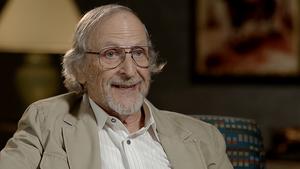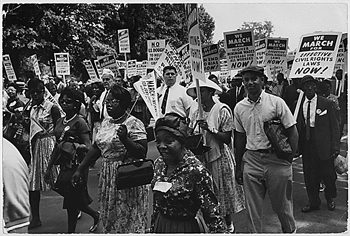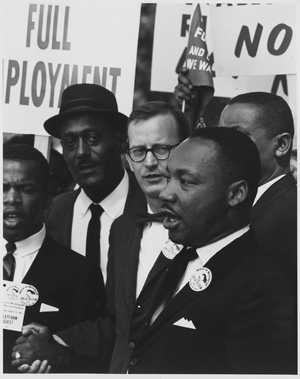Syracuse Views Summer 2024
We want to know how you experience Syracuse University. Take a photo and share it with us. We select photos from a variety of sources. Submit photos of your University experience by filling out a submission form or sending it directly…



